Sometimes life takes an unexpected turn. So it was for me a few weeks ago when, driving up the A1 on my way home to Lincolnshire, I saw some graffiti that made me think. The words sprayed on to a bridge support were as simple as they were powerful: ‘DON’T VOTE. ACT.’ It scared me that some people were so disillusioned they felt they had to take things into their own hands. But then again, if acting means standing for election, would it be such a bad thing?
I tried it before, most recently as a Tory candidate in the general election of 2010. I can’t say I loved the experience. David Cameron casually announced to a room of a hundred or more people that, as party leader, he was in control of candidates’ names and was changing mine from Annunziata to (presumably more on-brand) Nancy. I ignored him, but he appeared quite serious. The tragedy is that he was not serious about following up the result of the referendum he proposed, and neither is Theresa May. Which is why I’ve decided to stand for the Brexit party in the coming European parliamentary elections.
But it wasn’t just a few scrawled words that made me throw my life into chaos and decide to run. It was seeing my friends in the Conservative party cutting up their membership cards, watching Labour members tearing up local election ballot papers — and all over the utter betrayal of Brexit. It was a tough decision: I’ve been a Conservative party member, activist and candidate for 35 years but decided I could not stand by as Theresa May destroyed my old party. The question was, what could I possibly do to wake her — and her last remaining supporters — up? The inability to deliver Brexit is eating away at our historic democracy, so the only answer was to offer my support to the one serious party which believes in delivering a clean Brexit as quickly as possible: the Brexit party. And so it begins.
It’s nearly ten years since I gave a speech, so I was a little rusty in Coventry when I was with Nigel Farage for the party’s launch. So I just spoke: no script, just passion and a heartfelt plea. I then tried to drive home, using my mobile phone as a satnav, but had forgotten to turn off the Twitter notifications, which kept blipping on the screen, obscuring directions. I ended up with 5,000 more followers, but lost in the back streets of Coventry. By the time I arrived home, two interviews had been set up for the next morning and my Twitter count was still rising.
The abuse on social media is in a different league to that which I experienced a decade ago. I’ve been called ‘Jacob Rees-Mogg in drag’ which I imagine was intended as the worst imaginable insult. But so far, I haven’t had serious abuse. You need a pretty thick skin in this business: just ask my brother. Nanny, a second mother to us both, now works for him in London so I can’t call on her when I’m away as much as I’d like. She looked after my 13-month-old daughter for me while I was on the campaign trail, but most of the time I’m having to learn how to be a mum/campaigner — even if that means doing interviews with my beloved on my lap. She’s teething. Either that, or she can’t take any more of the Tory failure over Brexit.
Part of the absurdity of the European parliament is the size of its ‘regions’. Driving around the East Midlands I end up listening to Radio 4 — which repeats itself endlessly, uses swear words freely at any time of day and has a programme dedicated to women (which I find archaically sexist). Occasionally it has some interesting shows. Its Westminster Hour on Sunday claimed that an analysis of voters in the referendum showed they were more likely to vote Leave if they felt English — and more likely to vote Remain if they felt British. It seems slightly implausible, given that Wales voted to Leave and more people voted to Leave in Scotland than voted for the SNP at the last election. I’ve decided that polls — and most analysis — are more interesting than reliable.
At a Skegness supermarket with my eight-year-old-daughter, a lady stopped me and asked if I was Jacob’s sister. I fessed up. A beam broke out across her face. ‘Thank goodness someone finally has stood up for Brexit,’ she said. Like so many others, she felt abandoned by the main parties and said she was grateful that she now had a party she could vote for.
Nigel Farage has not asked me to change my name: that’s not really his style. He’s a character, but one with a sharp and able mind. Who else could achieve so much, in so few weeks? And where will it stop? I suppose we’re all about to find out.
Got something to add? Join the discussion and comment below.
Get 10 issues for just $10
Subscribe to The Spectator Australia today for the next 10 magazine issues, plus full online access, for just $10.
You might disagree with half of it, but you’ll enjoy reading all of it. Try your first month for free, then just $2 a week for the remainder of your first year.

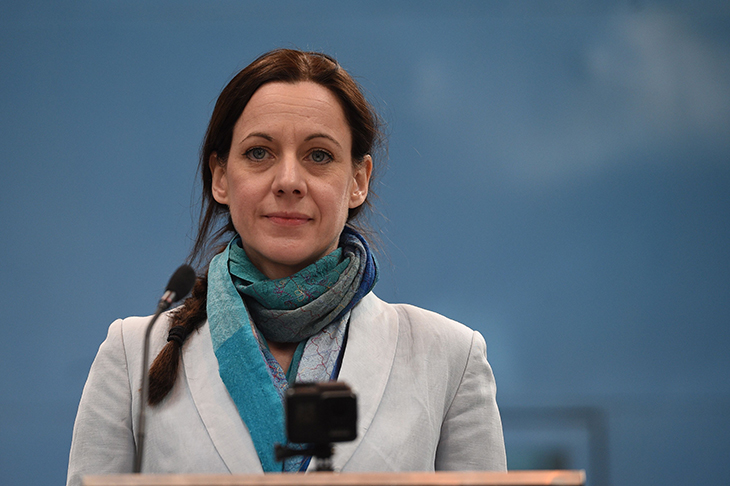

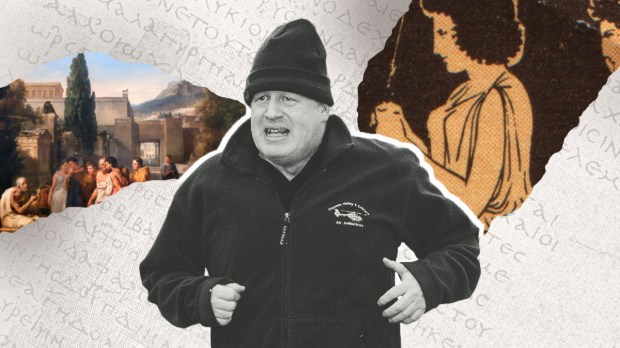
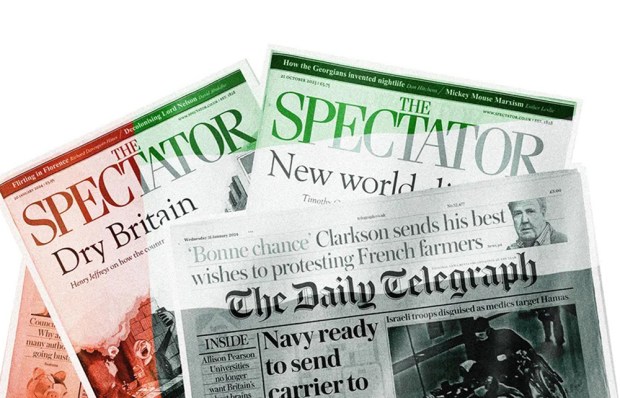

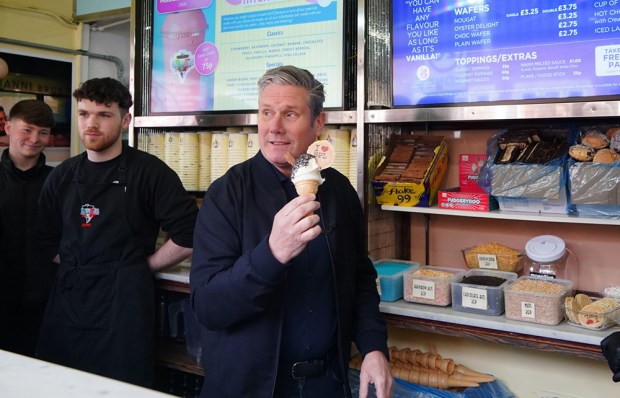
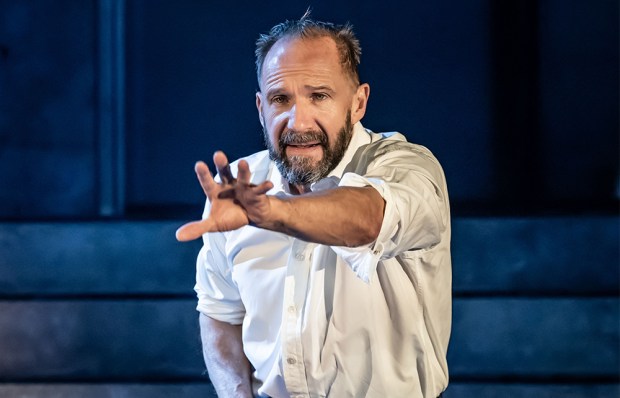






Comments
Don't miss out
Join the conversation with other Spectator Australia readers. Subscribe to leave a comment.
SUBSCRIBEAlready a subscriber? Log in